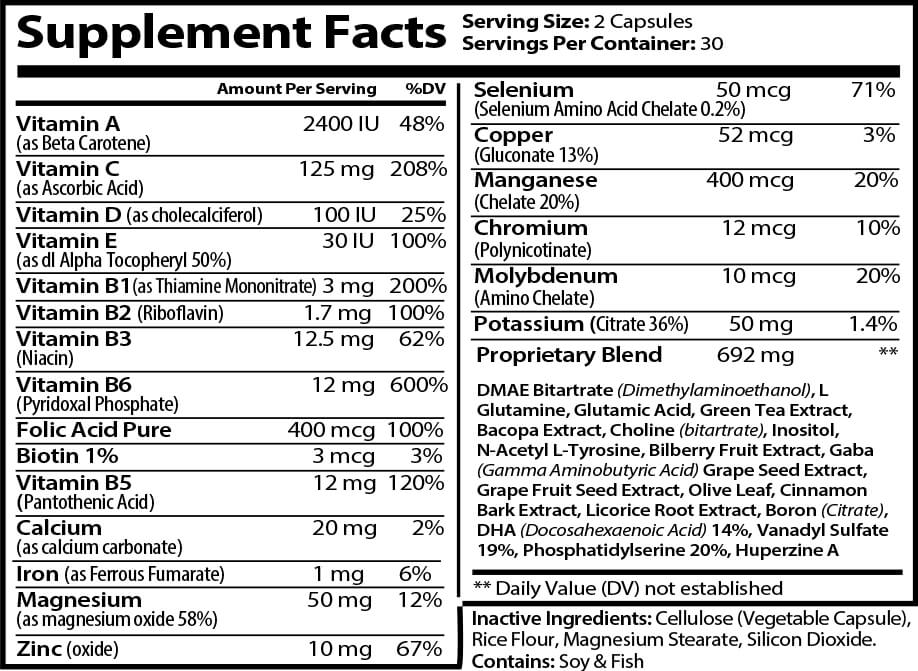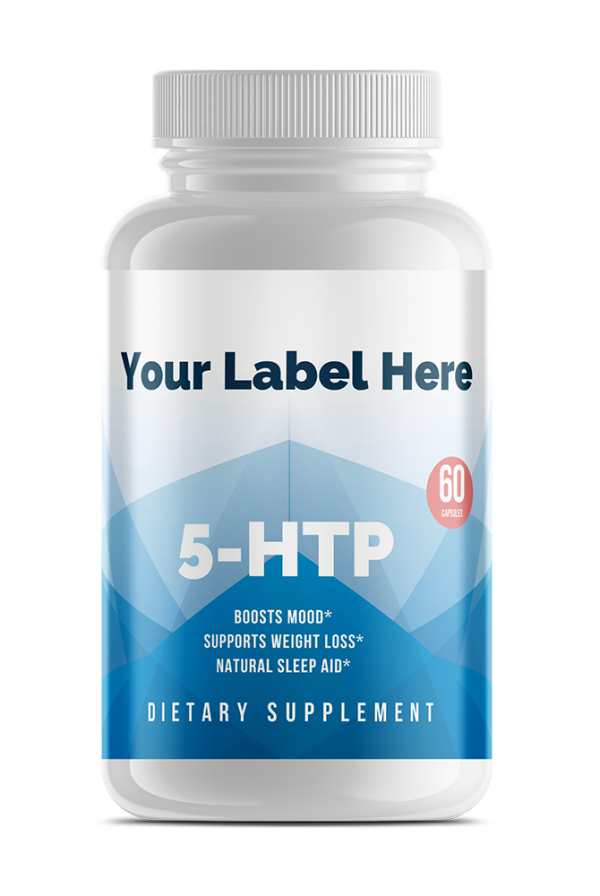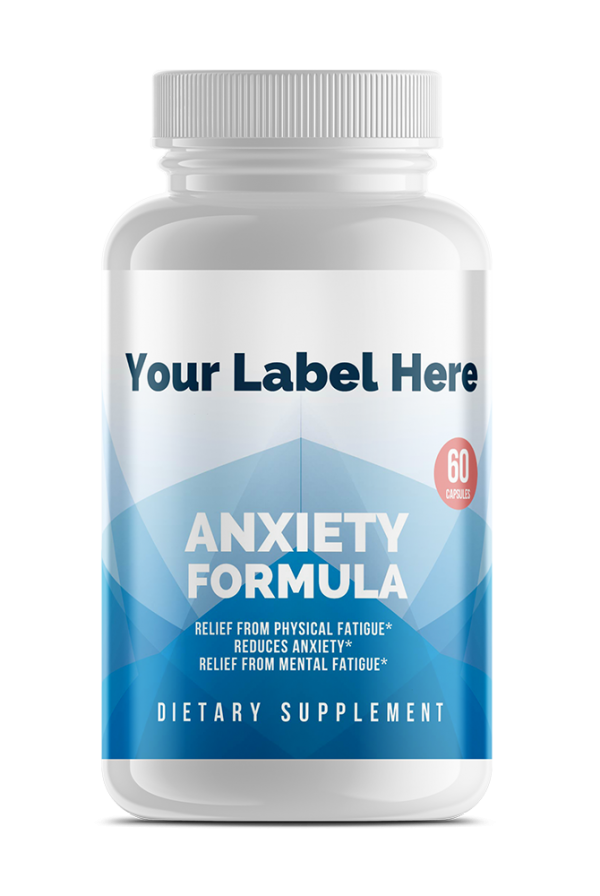| Formula Purposes & Benefits |
| Neuro Plus is formulated to boost cognitive function, mental clarity, focus, immune function, and energy production. Our product is synthesized utilizing the latest scientific research and formulated with high-quality ingredients. Our formula is third-party independently tested for heavy metals, impurities, made in the USA, GMP certified, and produced in an FDA registered facility. 1% of the supplements on the market can match our world-class standards. |
| Formula Ingredient Deck | Benefits Of Each Ingredient |
| Vitamin A |
|
| Vitamin C |
|
| Vitamin D |
|
| Vitamin E |
|
| Vitamin B1 (Thiamine) |
|
| Vitamin B2 (Riboflavin) |
|
| Vitamin B3 (Niacin) |
|
| Vitamin B6 |
|
| Folic Acid |
|
| Biotin |
|
| Vitamin B5 |
|
| Calcium |
|
| Iron |
|
| Magnesium |
|
| Zinc |
|
| Selenium |
|
| Copper |
|
| Manganese |
|
| Chromium |
|
| Molybdenum |
|
| DMAE Bitartrate |
|
| L-Glutamine |
|
| Glutamic Acid |
|
| Green Tea Extract |
|
| Choline |
|
| Inositol |
|
| N-Acetyl Tyrosine |
|
| Bilberry Fruit |
|
| Grape Seed Extract |
|
| Olive Leaf |
|
| Licorice Root |
|
| Boron |
|
| DHA (Fish Oil) |
|
| Vanadyl Sulfate |
|
| Phosphatidylserine |
|
| Huperzine A |
|
| Proper Use of This Supplement |
| Suggested Use: As a dietary supplement take two (2) veggie capsules once a day. For best results take 20-30 minutes before a meal with an 8 oz glass of water, or as directed by your health care professional. |
| Our Formula Vs Other Formulas on the Market. | |
| 1. Uses third-party independently tested ingredients that are made in the USA, GMP certified, and made in an FDA registered facility. | 1. Source cheap ingredients from heavily polluted soils. Even “organic” supplements not third-party tested have been removed by FDA due to high levels of heavy metals. |
| 2. Uses high-quality nutraceuticals in an effective evidence-based and efficaciously dosed formula. | 2. Uses cheap sources of nutraceuticals that contain high amounts of fillers, heavy metals, and is formulated without evidence-based dosages. |
Sources
- Ueland, P. M., McCann, A., Midttun, Ø., & Ulvik, A. (2017). Inflammation, vitamin B6 and related pathways. Molecular aspects of medicine, 53, 10–27. https://doi.org/10.1016/j.mam.2016.08.001
- Bird R. P. (2018). The Emerging Role of Vitamin B6 in Inflammation and Carcinogenesis. Advances in food and nutrition research, 83, 151–194. https://doi.org/10.1016/bs.afnr.2017.11.004
- Bailey, L. B., Stover, P. J., McNulty, H., Fenech, M. F., Gregory, J. F., 3rd, Mills, J. L., Pfeiffer, C. M., Fazili, Z., Zhang, M., Ueland, P. M., Molloy, A. M., Caudill, M. A., Shane, B., Berry, R. J., Bailey, R. L., Hausman, D. B., Raghavan, R., & Raiten, D. J. (2015). Biomarkers of Nutrition for Development-Folate Review. The Journal of nutrition, 145(7), 1636S–1680S. https://doi.org/10.3945/jn.114.206599
- Thakur, K., Tomar, S. K., Singh, A. K., Mandal, S., & Arora, S. (2017). Riboflavin and health: A review of recent human research. Critical reviews in food science and nutrition, 57(17), 3650–3660. https://doi.org/10.1080/10408398.2016.1145104
- Suwannasom, N., Kao, I., Pruß, A., Georgieva, R., & Bäumler, H. (2020). Riboflavin: The Health Benefits of a Forgotten Natural Vitamin. International journal of molecular sciences, 21(3), 950. https://doi.org/10.3390/ijms21030950
- DiNicolantonio, J. J., Niazi, A. K., Lavie, C. J., O’Keefe, J. H., & Ventura, H. O. (2013). Thiamine supplementation for the treatment of heart failure: a review of the literature. Congestive heart failure (Greenwich, Conn.), 19(4), 214–222. https://doi.org/10.1111/chf.12037
- Saedisomeolia, A., & Ashoori, M. (2018).Thiamine in Human Health: A Review of Current Evidences. Advances in food and nutrition research, 83, 57–81. https://doi.org/10.1016/bs.afnr.2017.11.002
- Carr, A. C., & Maggini, S. (2017). Vitamin C and Immune Function. Nutrients, 9(11), 1211. https://doi.org/10.3390/nu9111211
- DePhillipo, N. N., Aman, Z. S., Kennedy, M. I., Begley, J. P., Moatshe, G., & LaPrade, R. F. (2018). Efficacy of Vitamin C Supplementation on Collagen Synthesis and Oxidative Stress After Musculoskeletal Injuries: A Systematic Review. Orthopaedic journal of sports medicine, 6(10), 2325967118804544. https://doi.org/10.1177/2325967118804544
- Eggersdorfer, M., & Wyss, A. (2018). Carotenoids in human nutrition and health. Archives of biochemistry and biophysics, 652, 18–26. https://doi.org/10.1016/j.abb.2018.06.001
- Sunkara, A., & Raizner, A. (2019). Supplemental Vitamins and Minerals for Cardiovascular Disease Prevention and Treatment. Methodist DeBakey cardiovascular journal, 15(3), 179–184. https://doi.org/10.14797/mdcj-15-3-179
- Age-Related Eye Disease Study Research Group (2001). A randomized, placebo-controlled, clinical trial of high-dose supplementation with vitamins C and E, beta carotene, and zinc for age-related macular degeneration and vision loss: AREDS report no. 8. Archives of ophthalmology (Chicago, Ill. : 1960), 119(10), 1417–1436. https://doi.org/10.1001/archopht.119.10.1417
- Jovic, T. H., Ali, S. R., Ibrahim, N., Jessop, Z. M., Tarassoli, S. P., Dobbs, T. D., Holford, P., Thornton, C. A., & Whitaker, I. S. (2020). Could Vitamins Help in the Fight Against COVID-19?. Nutrients, 12(9), 2550. https://doi.org/10.3390/nu12092550
- Traber, M. G., & Atkinson, J. (2007). Vitamin E, antioxidant and nothing more. Free radical biology & medicine, 43(1), 4–15. https://doi.org/10.1016/j.freeradbiomed.2007.03.024
- Wu, D., & Meydani, S. N. (2014). Age-associated changes in immune function: impact of vitamin E intervention and the underlying mechanisms. Endocrine, metabolic & immune disorders drug targets, 14(4), 283–289. https://doi.org/10.2174/1871530314666140922143950
- De la Fuente, M., Hernanz, A., Guayerbas, N., Victor, V. M., & Arnalich, F. (2008). Vitamin E ingestion improves several immune functions in elderly men and women. Free radical research, 42(3), 272–280. https://doi.org/10.1080/10715760801898838
- Browne, D., McGuinness, B., Woodside, J. V., & McKay, G. J. (2019). Vitamin E and Alzheimer’s disease: what do we know so far?. Clinical interventions in aging, 14, 1303–1317. https://doi.org/10.2147/CIA.S186760
- Mock DM. Biotin: From Nutrition to Therapeutics. J Nutr. 2017 Aug;147(8):1487-1492. doi: 10.3945/jn.116.238956. Epub 2017 Jul 12. PMID: 28701385; PMCID: PMC5525106.
- Patel DP, Swink SM, Castelo-Soccio L. A Review of the Use of Biotin for Hair Loss. Skin Appendage Disord. 2017 Aug;3(3):166-169. doi: 10.1159/000462981. Epub 2017 Apr 27. PMID: 28879195; PMCID: PMC5582478.
- Cappellini, M. D., Musallam, K. M., & Taher, A. T. (2020). Iron deficiency anaemia revisited. Journal of internal medicine, 287(2), 153–170. https://doi.org/10.1111/joim.13004
- Paganini, D., & Zimmermann, M. B. (2017). The effects of iron fortification and supplementation on the gut microbiome and diarrhea in infants and children: a review. The American journal of clinical nutrition, 106(Suppl 6), 1688S–1693S. https://doi.org/10.3945/ajcn.117.156067
- Andrews, S. C., Robinson, A. K., & Rodríguez-Quiñones, F. (2003). Bacterial iron homeostasis. FEMS microbiology reviews, 27(2-3), 215–237. https://doi.org/10.1016/S0168-6445(03)00055-X
![]()
*These statements have not been evaluated by the FDA. These products are not intended to diagnose, treat, cure or prevent any disease.





Reviews
There are no reviews yet.